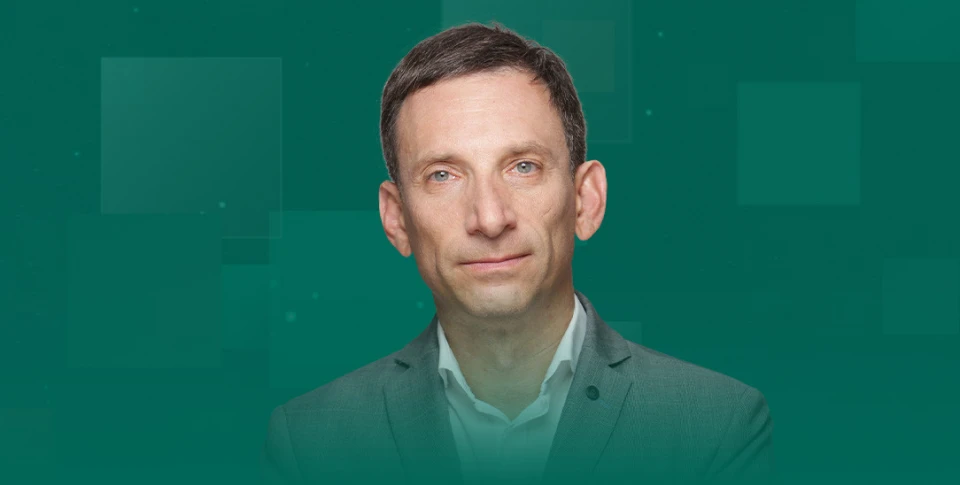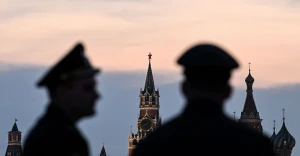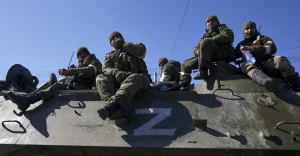
Trump's fiery rhetoric and his "understanding" of Russia
At a surprising press conference in Mar-a-Lago — though, frankly, there are bound to be many more, each more surprising than the last — U.S. President-elect Donald Trump vowed to end the Russian-Ukrainian war not in 24 hours, not even in 48, but within six months
What’s particularly interesting is that Trump didn’t blame Russian President Vladimir Putin or Russian chauvinism for this war. Instead, he placed the responsibility squarely on his predecessor, U.S. President Joseph Biden. Trump called the conflict a failure of the Biden administration and claimed that he, unlike Biden, understood Putin and his ambitions. He also noted he was aware of Russia's concerns over Ukraine joining NATO, emphasizing that the entire West shares this understanding.
This leads to a clear takeaway: Trump’s strategy for ending the war seems to hinge on making concessions to Russia. But it remains unclear how willing Putin is to accept such terms.
Trump himself admitted he couldn’t yet comment on a possible meeting with Putin but claimed that Putin wanted to meet him — a statement at odds with Russian press secretary Dmitry Peskov, who dismissed any discussion of a meeting between the future U.S. president and Putin.
Still, Trump left open the possibility of talks after his inauguration. If so, the clock on the six-month deadline he set for ending the war would officially begin ticking.
Yet the Russian-Ukrainian war wasn’t the only headline-grabber during the press conference. Trump doubled down on his belief in U.S. control over Greenland — an autonomous Danish territory — and demanded Denmark hand it over, as though we were living in the 19th century. He also resurrected the idea of reclaiming the Panama Canal for the United States.
In both cases, the president-elect didn’t rule out using military intervention to resolve these issues.
If a military intervention were to take place in Greenland, it would mark the first serious conflict between NATO members since the 1970s, when Greece and Turkey clashed. Such an event could trigger a split within the North Atlantic Alliance and create major challenges for European security.
Regarding the Panama Canal and Donald Trump’s claims about Chinese control, this could escalate tensions between Washington and Beijing while also pushing Latin American countries toward China as a new security sponsor. This shift might reshape global dynamics, empowering authoritarian regimes like Russia and China to position themselves as defenders of the Global South amid the unexpected imperialist ambitions of the new U.S. presidential administration.
This scenario assumes Trump transitions from rhetoric to concrete actions, which was not a frequent occurrence during his previous presidency. However, based on his recent statements and his son’s visit to Greenland, it’s evident that we're dealing with new Trump who now exhibits new ambitions and cognitive strategies that could lead him to pursue the threats he makes at press events.
One such threat, made during his speech at Mar-a-Lago, is already being scrutinized. Trump reiterated his demand for the release of all hostages held by Hamas after the October 7, 2023, attack on Israel, which involves around 100 people.
He warned that if the hostages are not freed before his inauguration, he would unleash "real hell" in the Middle East, targeting not just Hamas.
At present, there has been little progress in negotiations between Israel and Hamas. Reports indicate that Hamas has offered a list of 34 hostages who could be released in exchange for a complete ceasefire in Gaza. However, the negotiations, conducted through intermediaries, have yet to produce any tangible agreement, leaving significant doubt over whether all hostages could be freed within just 13 days.
It’s crucial to clarify what Donald Trump plans to do if Hamas ignores his threats, what exactly he means by the "hell" he promises the organization, and how American-Iranian relations might play into this scenario. Specifically, will the newly elected U.S. president launch a war with Iran within the first weeks of his term? In any case, it’s clear that Trump’s return to the White House signals a predictable shift — possibly a period of multiple regional wars (recall his suggestion to rename the Gulf of Mexico as the “American Gulf”). At this point, U.S. foreign policy might not differ much from Russia’s when it comes to tools used to pursue what Trump, his family, and close allies like Elon Musk define as America’s national interests.
This raises a valid question: Why would the U.S. stop Russia’s war against Ukraine while initiating new wars of its own — wars that might mirror Putin’s methods of securing what he considers Russia’s national interests? And, in this sense, how would Trump’s approach differ from Putin’s?
About the author. Vitaliy Portnykov, journalist, Ukraine's Shevchenko National Prize laureate
The editorial staff does not always share the opinions expressed by the blog authors.
- News












































